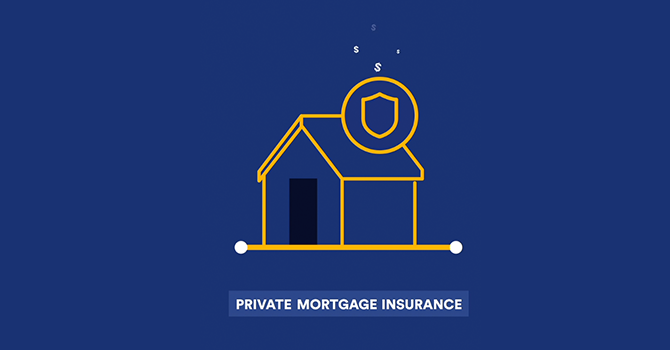Understanding Physician Mortgages
Lenders can offer unique rates and terms to doctors, who typically have stable income and employment.


You have your eye on a home, you’re ready to submit an offer, and now you’re looking for a mortgage.
Congratulations!
As you start to compare mortgage options, you’re probably realizing that they’re all pretty much alike. It’s true. Most mortgages fall into a category called conforming mortgages, which are underwritten to the specific guidelines of government-sponsored entities, such as Fannie Mae and Freddie Mac.
However, many larger lenders choose to offer portfolio mortgages which are underwritten to a different set of standards, and usually offer unique terms.
These are called portfolio mortgages. Let’s take a look at how they differ.
Portfolio mortgages
Portfolio mortgages typically have different loan features than conforming mortgages. These include down payment requirements, loan amounts, qualifying debt ratios, and credit score limits. Some portfolio mortgages may or may not require mortgage insurance, which is typically required when you make a down payment of less than 20%.
What’s more, with portfolio mortgages, lenders can offer unique interest rates that may be more appealing to you.
Physician mortgages are a type of portfolio mortgage.
Why do lenders offer physician mortgages?
There are two main reasons lenders offer physician mortgages. First, physicians typically have good income and employment stability, and therefore have a strong record of repayment.
Second, physician mortgages can be a great way for your non-primary bank to introduce themselves and demonstrate the value of working with them. In short, physician mortgages make good business sense.
Let’s take a look at how your down payment can impact your mortgage. Use our down payment calculator below to estimate your monthly payment as you adjust your expected down payment amount.
How does my down payment impact my mortgage?
Estimate the financial impact of your down payment using this simple calculator.
Your Estimated Mortgage Results
-
$0
Monthly Payment
-
$0
Total Loan Amount
-
$0
Total Interest Paid
How to compare physician mortgages
The first thing you should look at when comparing mortgages is the Annual Percentage Rate (APR). The APR is a standard calculation meant to represent the cost of borrowing and is a combination of both the interest rate and many of the fees associated with the mortgage.
In addition to the APR, you should take a careful look at the terms of the mortgage, including the length of the loan, the fixed or variable nature of the interest rate, mortgage insurance requirements, and any unique characteristics, like prepayment penalties.
Before selecting a mortgage, take the time to explore which term is best for your situation. For example, if you plan to stay in the house long term, you’ll likely want a 30-year fixed mortgage. If you were already planning to make a large down payment, mortgage programs with a low down payment may not bring much value.
It’s also important to note that many physician mortgages have loan amount limits. These limits are based on the mortgage itself, so a program with a $1 million loan limit and a 10% down payment requirement means you can look at houses with a purchase price around $1.1 million.
In summary
The loan you ultimately select depends on your current financial situation. How much can you afford for a down payment? What is your credit score? What is your debt-to-income ratio?
With this information in hand, you can now start to compare different physician mortgage options and begin to determine the type of mortgage that is right for you.
Don’t miss the latest financial resources.
This site is protected by reCAPTCHA and the Google Privacy Policy and Terms of Service apply.
Get tailored Laurel Road resources delivered to your inbox.
Search Results


